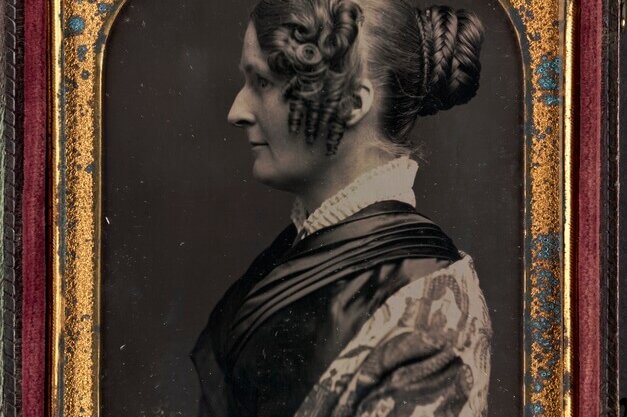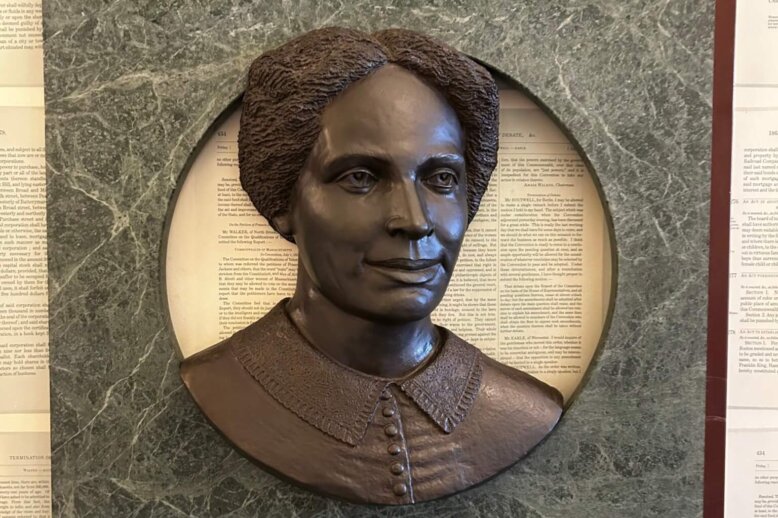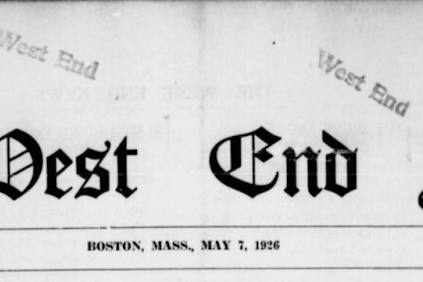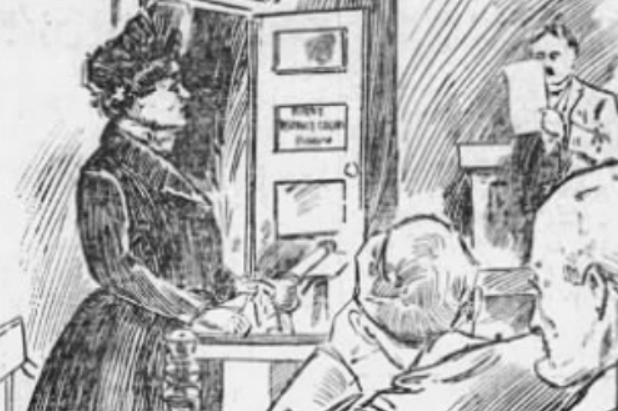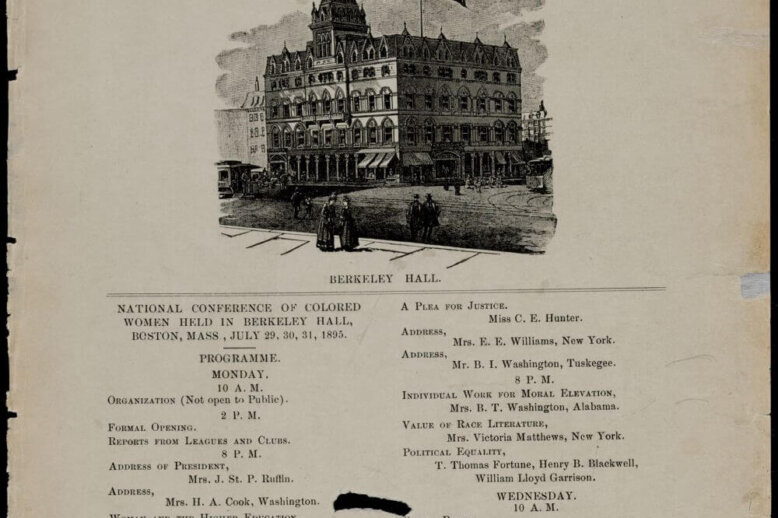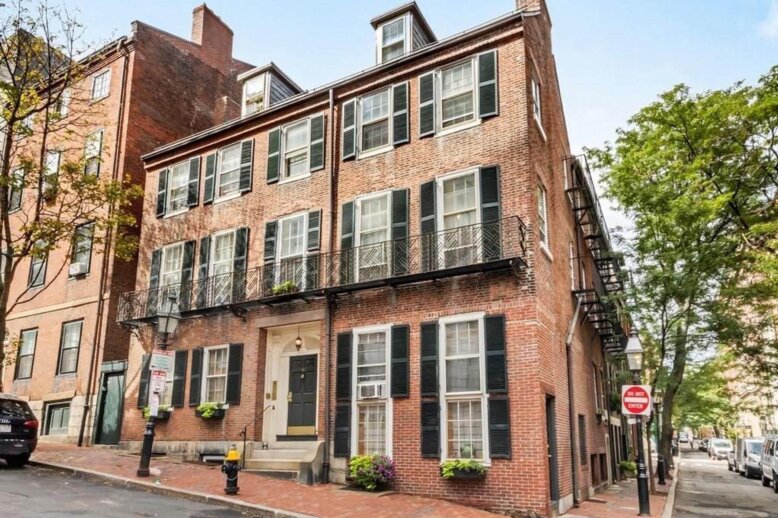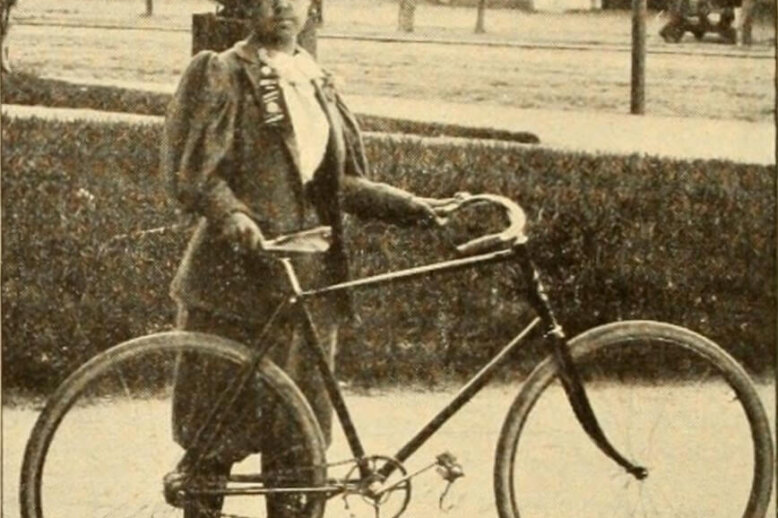Topic: Women
Women’s issues, suffrage, girls, anyone using she/her pronouns
Maria Weston Chapman The Boston-based anti-slavery activist, Maria Weston Chapman (1806-1885), was a leading voice in the abolitionist cause and an advocate for women’s participation. As both a dedicated abolitionist and family woman, “Captain” Chapman as she was known, pushed hard for what she believed in. As a founding member of the Boston Female Anti-Slavery…
“The Opera Ejection Case”: Sarah Parker Remond, The Old Howard, and Segregation in Antebellum Boston When abolitionist and early civil rights advocate Sarah Parker Remond (1824-1894) was kicked out of an opera at the Howard Athenaeum due to her race, she went to the courts seeking justice. Her case brought issues of segregation and discrimination…
Boston’s Rat Day of 1917: When the West End Joined a Citywide Rodent War On February 13, 1917, Boston witnessed one of the most unusual civic experiments in its history. The Boston Women’s Municipal League declared war on the city’s rodent population, organizing the first—and as it turned out, only—Rat Day. While this peculiar event…
The West End News: The Editor and the PublisherOne Summer in the West End, Part One Over the course of four months in the summer of 1926, Lou Coffee and Francis R. Whelton published a newspaper by West Enders for West Enders. These papers offer a glimpse into a diverse immigrant neighborhood facing the introduction…
Jolly Jane Toppan: The MGH Nurse Turned Mass Murderer A medical serial killer in the late 19th and early 20th century, Jane Toppan (1857-1938) admitted to the murders of 31 people and was possibly responsible for many more deaths. Toppan, a child of Irish immigrants and a trained nurse, was a press sensation in her…
For Her Race or Her Sex? Josephine St. Pierre Ruffin, Women’s Suffrage, and Civil Rights Josephine St. Pierre Ruffin (1842 – 1924) was involved in the abolitionist cause, women’s suffrage, and the fight for equal rights for Black Americans. But due to the shifting politics of the women’s movement, Ruffin and other Black suffragists faced…
Salome Merritt: Suffragist and Doctor of Beacon Hill Salome Merritt MD (1843-1900) was a pioneering female doctor, suffragist, and activist who lived for several decades on Beacon Hill. Merritt was dedicated to improving the lives of her neighbors through scientific education, direct aid, and advocating for social and political change. A descendent of an old…
Below is an online, self-guided version of our “West End Women” walking tour. Print it out or keep it digital, and put on your best walking shoes to explore the histories and stories of women from Boston’s West End.


